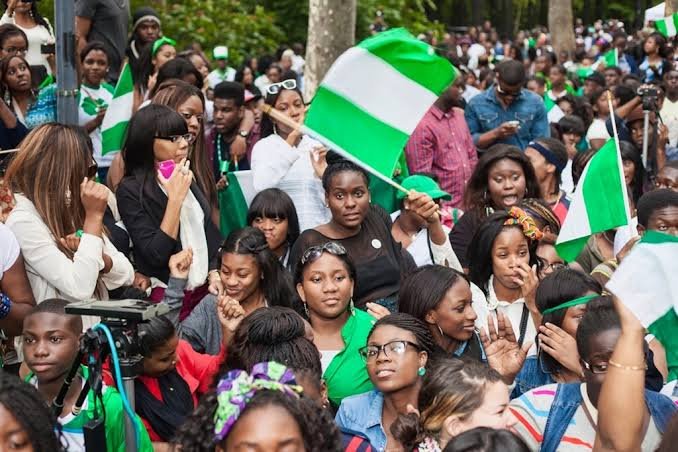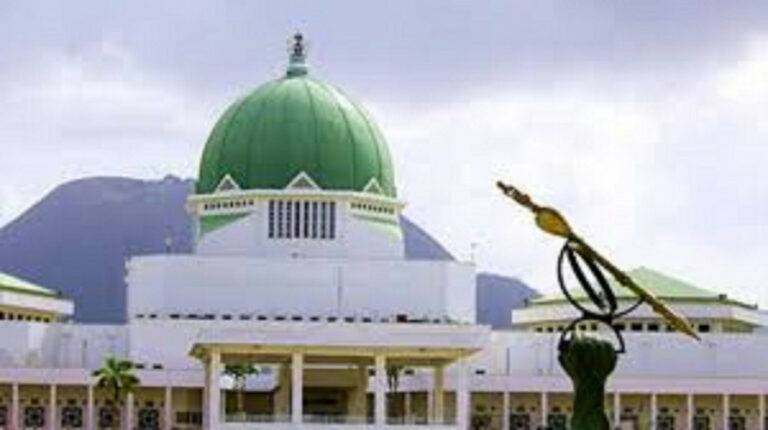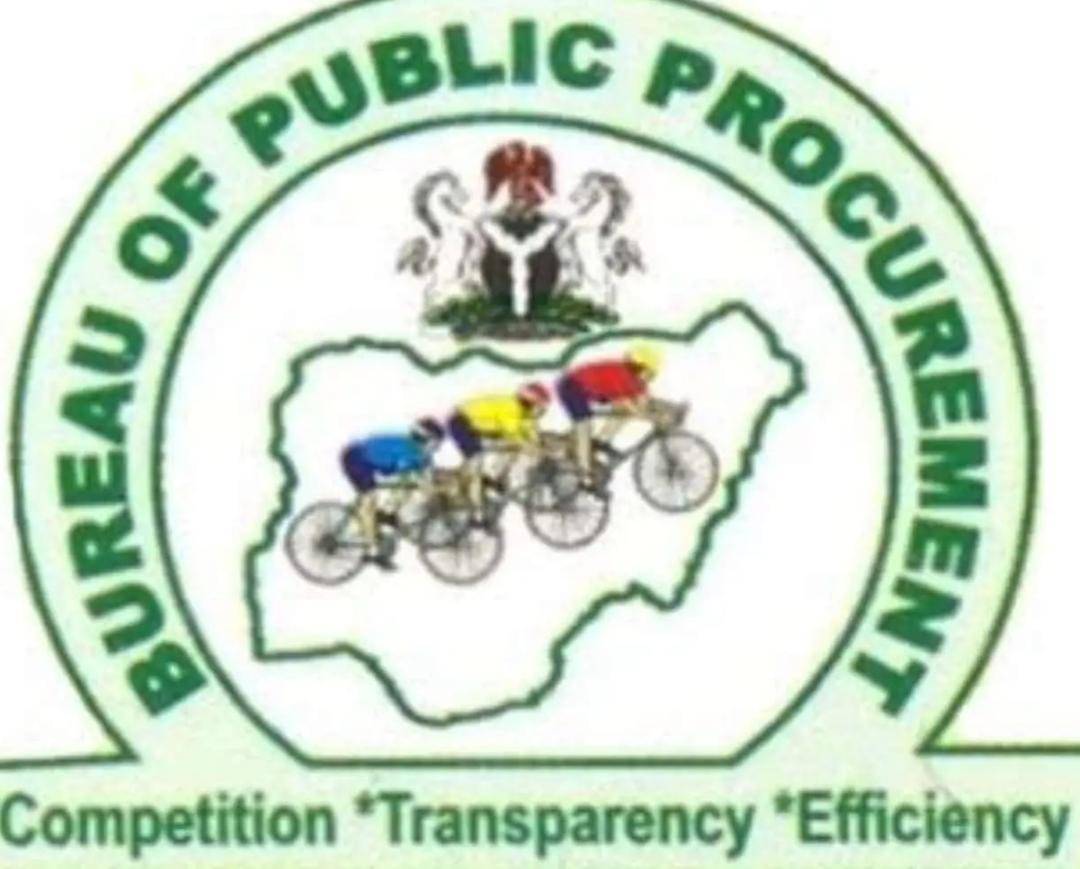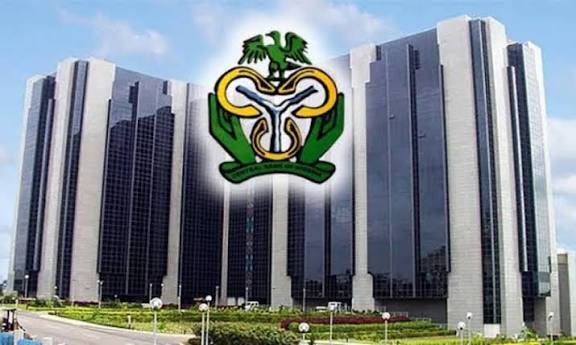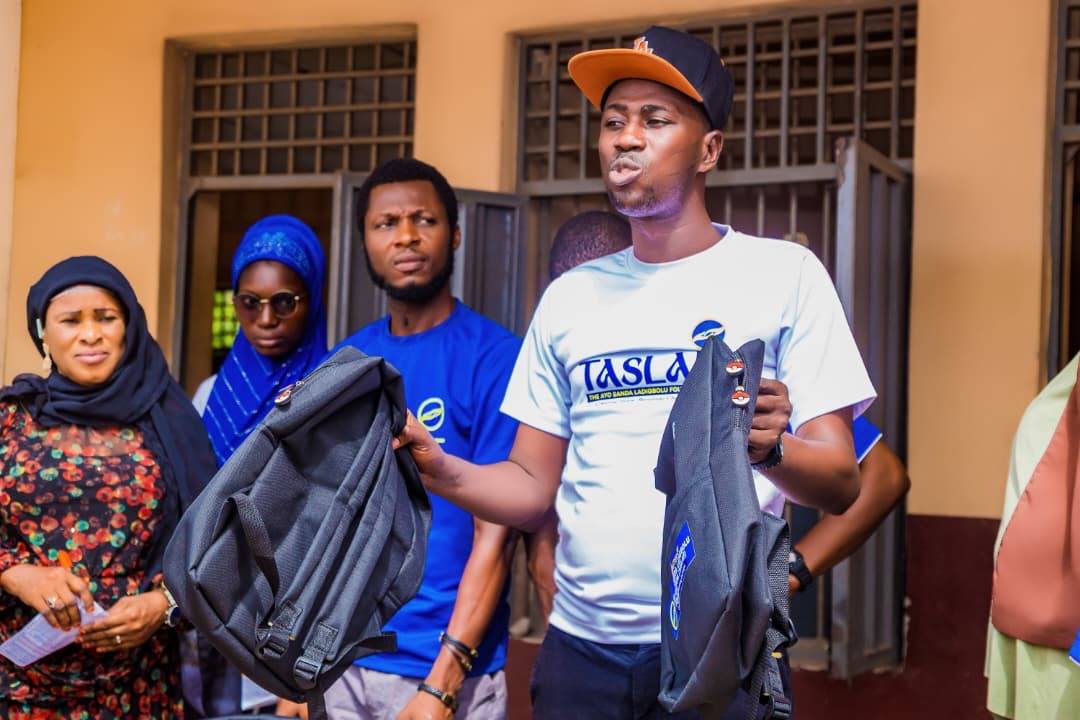The much-anticipated 2023 General Elections have come and, to a greater extent, gone but it wasn’t without its peculiarities that are worth pondering over if we are to, at least, have an idea of what the 2027 election might look like.
To some, the election was the worst ever in the history of Nigeria given the usual issues of violence, voter suppression, intimidation and other vices that characterized the process in some states and to some, the election showed palpable improvements in our electoral process leaving them with the idea that Nigeria’s democracy is better advancing.
According to the United State Embassy in Nigeria and the European Union Election Observation Mission In Nigeria, the election was marred by a spate of violence, voter intimidation, and suppression but the process, especially the Gubernatorial and State House of Assembly elections recorded improvement. The process wasn’t all bad.
The essence of this piece is to establish that, certainly, the election was about the youth as its tone and pattern were greatly determined by the so-called ‘SoroSoke’ generation who channeled their terrifying and revolutionary energy into the election.
The youths were more famed for being the drivers of the campaign activities of the eventual second runners-up of the keenly contested election that is Mr. Peter Obi. Although some will argue that Obi won the election had it not been for the alleged electoral malpractice but that is not the bone of contention. Mr. Peter Obi came third in the race by amassing over 6 million votes – that is how far a third-force candidate had come in any general election since 1999.
Beyond the fact that the youths played a significant role in how Obi gave Tinubu (the president-elect) a run for his money as well as the candidate of the People’s Democratic Party (PDP) Alhaji Atiku Abubakar, the duo put the youths in their camps to laborious activities in order to match the energy of their contemporaries and most importantly the pattern of the electioneering.
We saw how the National Youth Leader of the ruling party, Dayo Israel and the son of the President-Elect and other youths in the APC Camp intensified their electioneering activities by taking the #Renewed Hope agenda to the nooks and crannies of the country.
Youths were seen driving social media engagements, organizing political symposiums, staging walks, door-2-door campaigns, dominating election situation rooms, and of course, sadly, used to perpetrate electoral violence in some places.
Statistically, of the 93.4 million registered voters in the election, 39.65 %, that is, over 37 million were youths according to data from the Independent National Electoral Commission (INEC). That’s a whopping 37 million falling into the age bracket of 18-35 years.
Giving more credence to the subject matter was the fact that youthful candidates earned themselves electoral victories.
Notable among those whose unprecedented victories caused major upsets for the regular players on the political turf was 35-year-old Lawan Musa who put a frustrating end to Yobe Speaker, Hon Ahmed Mirwa Lawan’s 6th term ambition. Another is 26-year-old journalist-cum-politician, Rukayat Shittu, who did wonders in Kwara State by clinching the House of Assembly Seat of her Owode-Onirin Constituency. A similar feat was achieved by the 26-year-old son of Late Senator Buruji Kashamu, Rasheed Kashamu who was polled 10,004 votes to unseat the incumbent house of assembly member for Ijebu North Constituency in Ogun State.
Kasahamu’s contemporary, Muhammad Adamu Oyanki in Doma North Constituency of Nasarrawa State won similar seat. A distinguished youth, Ladi Ajomale also clinched the HoA seat for Oshodi-Isolo Constituency 2 in Lagos State.
It is safe to agree that the youths are more awakened, politically than ever, and with their courageous show at the just-concluded elections, they have become a force that can not be overlooked in elections. It is predictable that 2027 is sure going to witness a higher level of participation and involvement in deciding where the pendulum swings.
It won’t be surprising if the President-Elect, Asiwaju Bola Ahmed Tinubu gives youth deserved preferential treatment in his administration by fixing them into strategic positions.
Another inkling this election gave is that future elections will not be business as usual but rather score-card and performance premised. The era of voter-buying to make up for maladministration is over. The youths are ready to roll up their sleeves to move the country forward rather than being continually cajoled by the usual “leaders of tomorrow” lullaby.
Damilola Kushimo, a journalist, writes from Isolo, Lagos.


